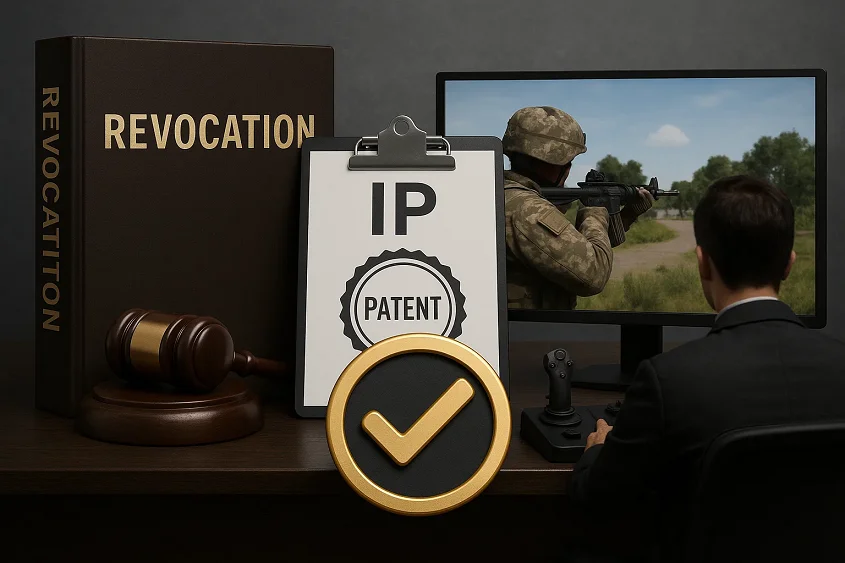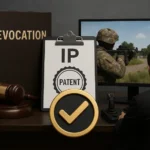The Cost of Litigious Persistence: PersonalWeb’s $5.4 Million Legal Fee Judgment
- Updated on: Jan 11, 2025
- Read 1 minute
- Published on Jan 11, 2025
In a notable decision, a federal appeals court has mandated PersonalWeb, a non-practicing entity, to pay over $5 million in attorney fees to Amazon and other tech companies. This ruling comes in the wake of PersonalWeb’s continued patent infringement litigation, which the court deemed as crossing the threshold from assertive legal action to unreasonable persistence.
PersonalWeb, known for holding multiple patents and engaging in litigation to enforce these, initially filed a lawsuit against Amazon for infringing on its “True Name” technology patents. After a series of legal maneuvers and subsequent lawsuits against Amazon’s customers, the district court ultimately ruled against PersonalWeb. This case was then escalated to the U.S. Court of Appeals for the Federal Circuit, which has now affirmed the lower court’s decision.
The Federal Circuit’s ruling underlines a significant principle in patent litigation: the line between zealous advocacy and excessive legal aggression. PersonalWeb’s strategy of shifting infringement positions and pursuing litigation even after initial setbacks is a precarious approach that the court identified as “exceptional.”
The court’s reliance on the 1907 U.S. Supreme Court decision, Kessler v. Eldred, to establish the precedent that PersonalWeb could not sue Amazon’s customers after its initial loss to Amazon, signals a reinforcement of legal boundaries in patent cases. Moreover, the court’s interpretation that attorney fees are not a penalty but a sanction for unsupportable legal arguments provides clarity on the consequences of unmeritorious litigation in the patent domain.
The outcome of this case is a cautionary tale for patent holders who engage in aggressive litigation tactics. While enforcing patent rights is a legitimate legal strategy, there is a fine line between protecting intellectual property and engaging in what is perceived as patent trolling. This ruling serves as a reminder that the legal system may impose significant financial consequences when that line is crossed.
Furthermore, the dissenting opinion by Judge Timothy Dyk, highlighting the support of PersonalWeb’s arguments by the U.S. Solicitor General, adds a layer of complexity to this decision. It raises questions about the interpretation of legal precedents and the challenges in navigating the often ambiguous landscape of patent law.










No comment yet, add your voice below!